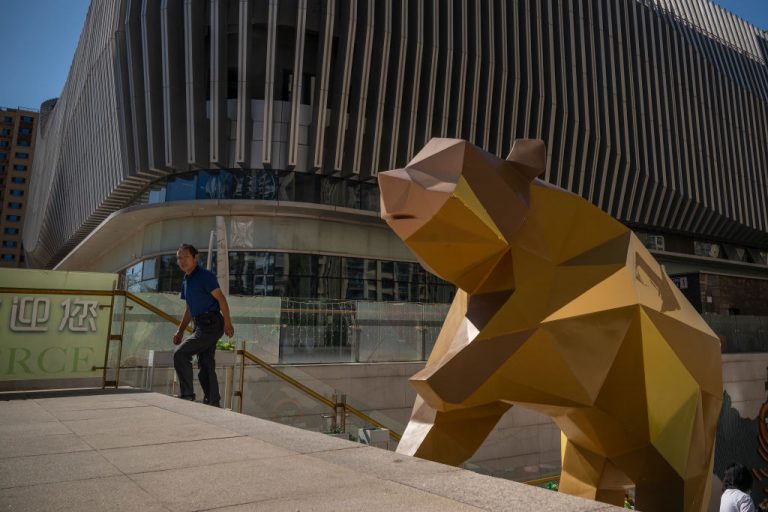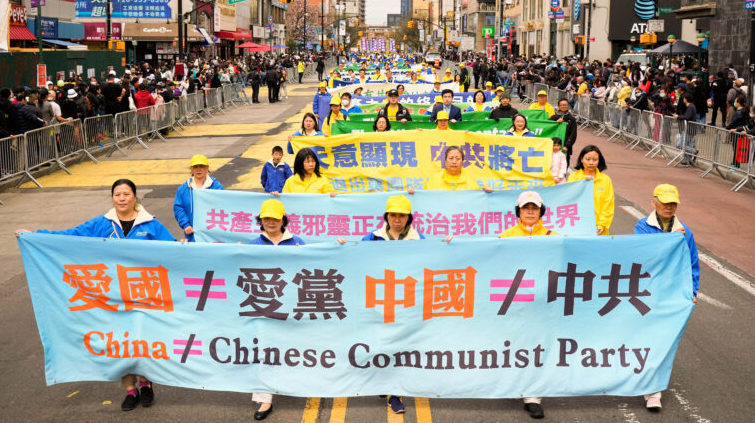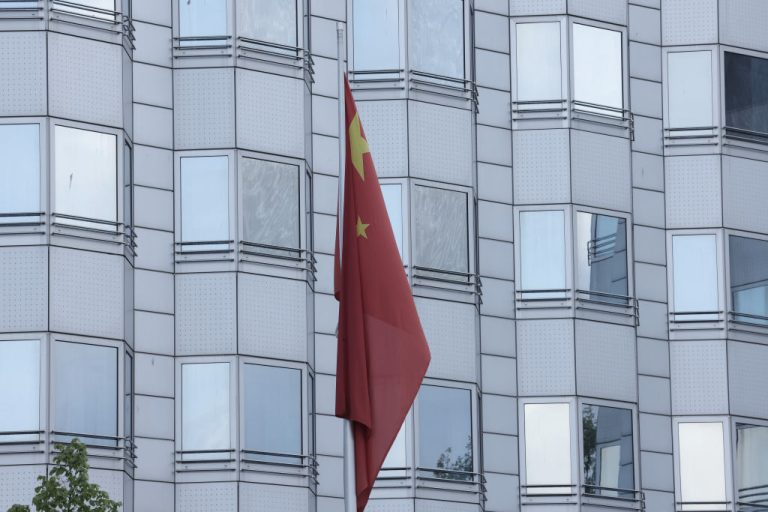Chinese real estate giant, Evergrande, has failed to pay off its interest payments due on Sept. 23, deepening worries that the business is going to collapse and threaten China’s financial system.
The firm was due to make an $83.5-million interest payment on its $US2.03-billion worth of bonds due to mature in March 2022 on Thursday, but as of Friday morning, the company hasn’t made any announcement about the payments, leaving investors nervous.
Yields on the March 2022 bonds have grown exponentially over the year, jumping from just 10 percent to over 560 percent. The company has 30 days to make the payment before it is considered to be in default. Missing the payment would result in the largest dollar bond default by an Asian company.
Evergrande has more interest payments coming up. On Sept. 29, it is due to pay interest on 7-year U.S. dollar-denominated bonds maturing in March 2024. The company also has interest payments due in the months of October, November, and December.
Evergrande’s liabilities, as of the end of June, ballooned to upwards of $304-billion, making it one of the most indebted companies in the world.
Success
You are now signed up for our newsletter
Success
Check your email to complete sign up
There are several reasons why an Evergrande collapse could create serious repercussions. Many people who have paid deposits to Evergrande for their properties might end up losing their deposits. Companies that do business with Evergrande, like those who supply raw materials, face the risk of incurring massive losses.
The real estate developer reportedly owes money to 171 domestic banks and 121 financial firms. These banks and financial entities may not get the money they had loaned to Evergrande, forcing them to take a financial loss. Plus, lenders are expected to become more conservative when deciding whether or not to provide loans, which would impact other real estate companies in China.
Will Malcolm, portfolio manager for emerging markets and Asia-Pacific equities at Aviva Investors in Singapore, told the Wall Street Journal, “There have been enough signals out there to point to a default of some form… There’s a big social agenda here… The primary concern is that the properties by Evergrande get built and the buyers are protected. And they don’t get built unless the suppliers are made whole.”
The 25-year old developer from Shenzhen has 800 projects in progress in over 200 cities across China. Work on some of the projects has stalled after the company failed to pay its contractors and suppliers. Some experts feel that since the company is too big to fail, Beijing might step up and deal with the matter to prevent any negative fallout for the Chinese economy.
“Most likely, the government has to [inject capital into] Evergrande so that it can continue construction and then sell residential property units to get cash to repay debts… With government capital, it is likely that Evergrande could become [a] State-Owned Enterprise (SOE) or become part of the SOEs that could inject capital in Evergrande,” Iris Pang, Chief Economist for Greater China, told CNN.
On Sept. 22, Asia Markets published a report stating that the CCP is planning to take control of Evergrande. The company will purportedly be split into three separate entities.
“The deal is being designed to protect Chinese nationals who have bought apartments from Evergrande, like the ones you see protesting on the streets and also those who have invested in Evergrande’s wealth management products… But the big thing is stemming any widespread economic flow-on effects that insolvency would cause on the China economy,” a source told the media outlet.
Meanwhile, Chinese authorities are reportedly asking local governments to prepare for a potential collapse of Evergrande. Local officials have been instructed to be ready to handle the consequences should Evergrande fail in managing its collapse in an orderly manner.
They have also been tasked with preventing any unrest as a result of a potential collapse and have been directed to try and limit the effects on property buyers and the larger economy.







